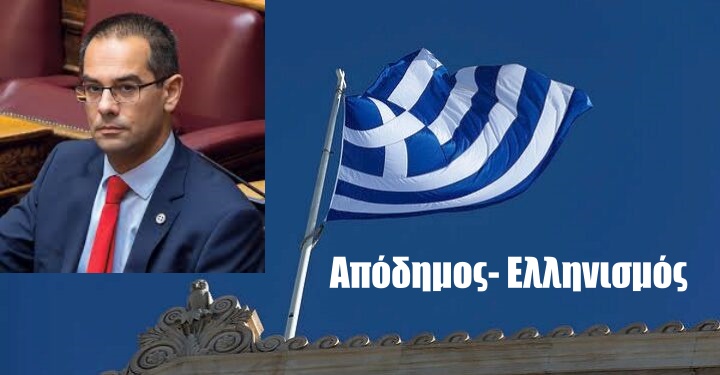The government calls upon Greeks of the Diaspora to return home. It speaks of “incentives,” of “repatriation programs,” of “support for the Greek community abroad.” Yet in practice, any family that dares to come back faces the harsh reality of the state: schools unequipped to receive repatriated students, children raised in bilingual environments with strong foreign-language influences struggling to integrate into the Greek school system and culture—without the necessary support from the State. Every family’s first concern is its children, and here the State fails utterly.
Despite repeated announcements, the institutional framework for intercultural education (Law 2413/1996) remains an empty promise for returning families. Fewer than thirty intercultural schools operate across Greece, unevenly distributed and with no specialization for students of Greek descent. Meanwhile, the Reception Classes (ZEP), established mainly for foreign students, are underperforming or inactive due to staff shortages and lack of funding. Thus, the children of repatriated Greeks are left unprotected within the Greek school system, without targeted linguistic or psychosocial support, resulting in serious academic and social difficulties. In smaller towns and on the islands, there are often no reception structures at all. At the same time, the government limits itself to promoting digital “repatriation incentives” through the Independent Authority for Public Revenue (AADE) and Article 5G of the Income Tax Code—completely ignoring the essence: education and the smooth reintegration of returning children. This is a glaring contradiction and a display of political negligence that discredits Greece before its own people abroad.
The Democratic Patriotic Popular Movement “NIKI” denounces this hypocrisy. Greece cannot call upon its children to return only to abandon them upon arrival. It cannot speak of “supporting the Diaspora” when consulates in Australia or the United States have waiting times of up to a year for a single appointment. It cannot remember the expatriates only when it needs votes or donations.
The solution exists—and it is strategic: the Regional Regeneration Program. Bold incentives for return to the islands, Thrace, Western Macedonia, and other regions suffering from demographic decline and state abandonment. Tax exemptions for the first 5–7 years, housing subsidies, special school programs, linguistic and psychosocial support for children. Infrastructure that embraces, not excludes. Hospitals, roads, essential construction and environmental projects. This is what genuine state care looks like—not empty promises. This is how Greece can become great again—not with wishful thinking, but with vision and action. Repatriation must be treated as a national investment, not as a pre-election gimmick.
Greeks of the Diaspora are not merely citizens or taxpayers. They are the nation’s future, a driving force for development, and a shield for its most vital regions. They deserve respect, support, and a homeland that welcomes them—not one that abandons them.



